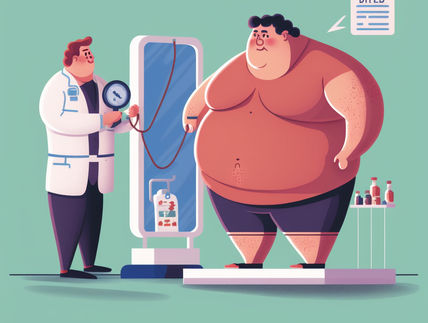Resverlogix Publishes Data Confirming RVX-208's Impact on Reverse Cholesterol Transport
Resverlogix announced that it has collaborated with the Division of cardiology at the Research Institute of the McGill University Health Centre (RI of the MUHC), to publish in the Journal of American College of Cardiology (JACC), a report entitled 'RVX-208 A Small Molecule that Increases Apolipoprotein A-I and High density Lipoprotein cholesterol In Vitro and In Vivo'. This manuscript contains important data that describes the successful results of many studies detailing the actions of RVX-208, an orally active novel small molecule for the treatment of atherosclerosis.
Dr. Norman Wong, MD, FRCPC, Chief Scientific Officer of Resverlogix stated, "The scientific information contained in this seminal work provides key evidence that RVX-208 is positively impacting critical components of reverse cholesterol transport (RCT). These actions of RVX-208 to enhance RCT and thereby facilitate the removal of cholesterol from atherosclerotic lesions are believed to underlie the protective role of high density lipoprotein cholesterol (HDL) against cardiovascular disease (CVD)."
The manuscript in JACC concludes that RVX-208 successfully increases plasma Apolipoprotein A-I (ApoA-I) and HDL-cholesterol (HDL-C) in addition to altering the biochemical properties, metabolism, and function of HDL. For more than three decades members of the cardiovascular research community have searched for ways to raise plasma levels of ApoA-I/HDL-C. One of the more desirable approaches is to use an orally active small molecule therapeutic.
"The ability of RVX-208 to enhance cholesterol efflux is the first and most important step in reverse cholesterol transport, the process by which cholesterol is removed from the wall of the arteries. Our data show that RVX-208 stimulates the production Apolipoprotein A-I, the major protein component of HDL to trigger the formation of early HDL particles, (so called pre-beta HDL particles) which play the key role in removing cholesterol from cells; this, in turn raise the total mass of HDL-C. This change in HDL profile towards the early, or 'nascent' HDL particles is believed to be an important factor in promoting RCT," said Dr. Jacques Genest, MD, Professor, Faculty of Medicine at McGill University and Director of the Division of Cardiology at the Royal Victoria Hospital of the RI of the MUHC.
Other news from the department science

Get the life science industry in your inbox
By submitting this form you agree that LUMITOS AG will send you the newsletter(s) selected above by email. Your data will not be passed on to third parties. Your data will be stored and processed in accordance with our data protection regulations. LUMITOS may contact you by email for the purpose of advertising or market and opinion surveys. You can revoke your consent at any time without giving reasons to LUMITOS AG, Ernst-Augustin-Str. 2, 12489 Berlin, Germany or by e-mail at revoke@lumitos.com with effect for the future. In addition, each email contains a link to unsubscribe from the corresponding newsletter.


















































